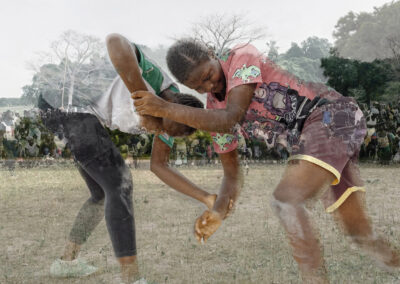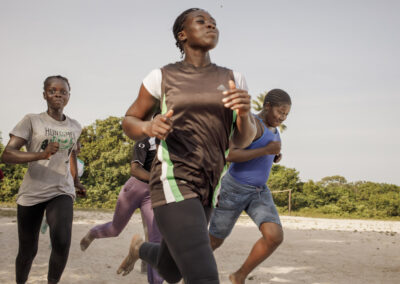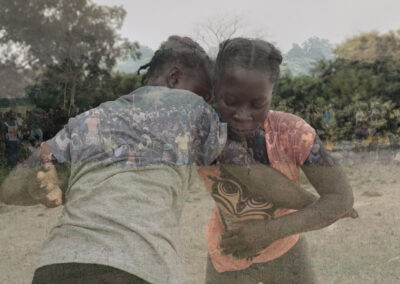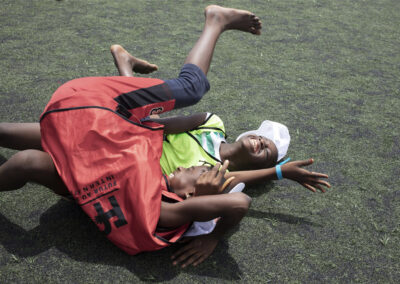Tribute to Maria Catuogno: died october 2024
It was with great sadness that we learned of the sudden death of photographer Maria Catuogno. This summer, during Les Nuits Photographiques de Pierrevert, she had exhibited at the Golf du Lubéron her beautiful series on the indigenous communities of the Kolla “Qoya” ethnic group in northern Argentina, whose lands have been expropriated by tourism and lithium extraction. A very fine, sensitive person, whom we miss, with a very fine photographic work, which we had the opportunity to present several times in Pierrevert as well as in Selma and Essaouira.
I am an author-photographer based in the south of France. After living for 9 years in Latin America, I studied at the School of Fine Arts in Aix en Provence.
At present, I am furthering my artistic career as a visual artist and a glass and bronze sculptor. My approach to photography was initially self-taught. I went on to study studio photography. I sometimes use staging in my series, which does not prevent me from mixing images from real life, so that the viewer is faced with both reality and fiction, I am enriched by the various perspectives I encounter: meetings with renowned photographers help me find my personal expression,
My work is focused on describing humans and their socio-cultural problems. Capturing glances is a way to explore my inner self and release occult memory.
I am passionate about documentary photography, the theatre of social issues, while developing artistic research, I give free rein to my creativity and my intuition.
Several exhibitions at the VU gallery, and the Art-Z gallery in Paris, the Maison des Peintres and Croisière in Arles, the Francis Blanc gallery and the Cave de l’ours in PACA have shown my work. Festivals such as Les Nuits Photographiques de Pierrevert (France), Essaouira (Morocco), Selma (Alabama – USA) as well as the QPN festival in Nantes as a QPN finalist award, screening photographic films or exhibit the series.
- www.mcatuognophoto..com
- Instagram : mcatuognophoto
- Facebook : mcatuognophoto
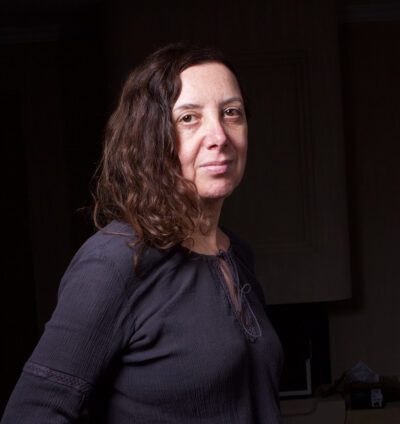
WOMEN IN STRUGGLE IN SENEGAL
In the south of Senegal, among the Diolas in Oussouye in Casamance, a long tradition of women’s wrestling survives. A centuries-old practice, it constitutes an identity reference. Talking about the place of women in sport in Africa refers to their fundamental right to control their bodies Sport comes with a momentum of coming together and interacting with each other. The wrestler is not a champion for herself or for her family, she represents an entire sociely which identifies with her, from a socio-educational aspect.
Through struggle, girls gain more courage, shape their character and assert themselves by confronting others, In their words, fighting is a way of expressing their joy, their love, their spirit. Young wrestlers suffer from the judgment of others, who say they will not find a husband.
The right to flourish in sport would change a society well anchored in ancestral traditions prohibiting them from any development. Early or forced marriages and pregnancies, rape, gender-based violence, school absenteeism linked to menstrual hygiene, lack of information on sexual relations and how to protect yourself all problems that are difficult to repair .

